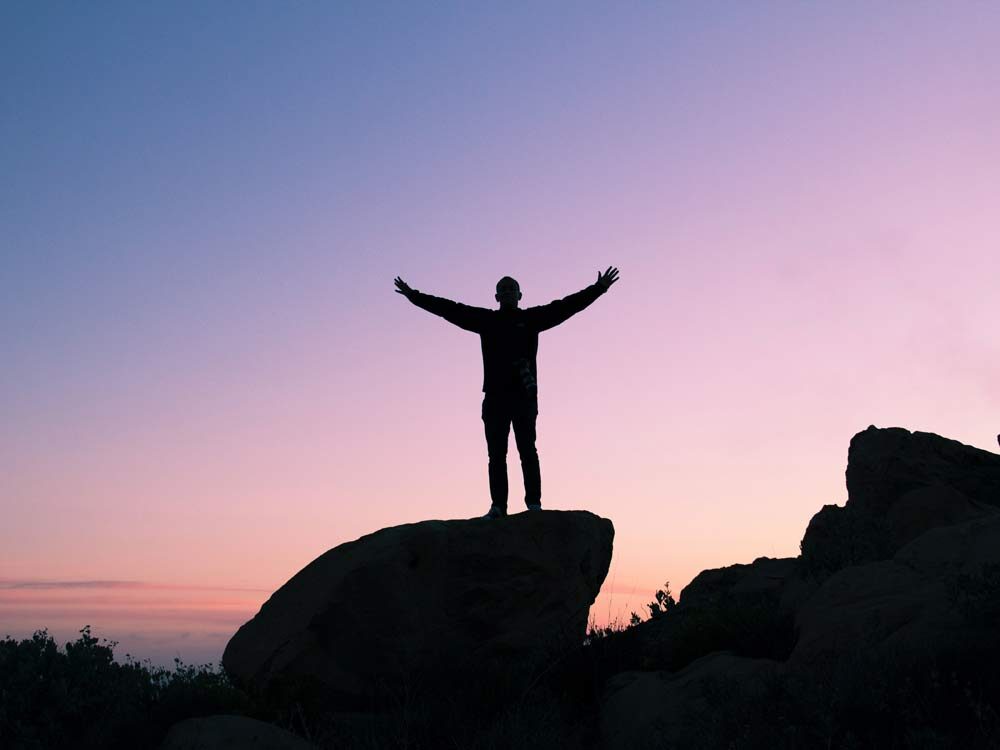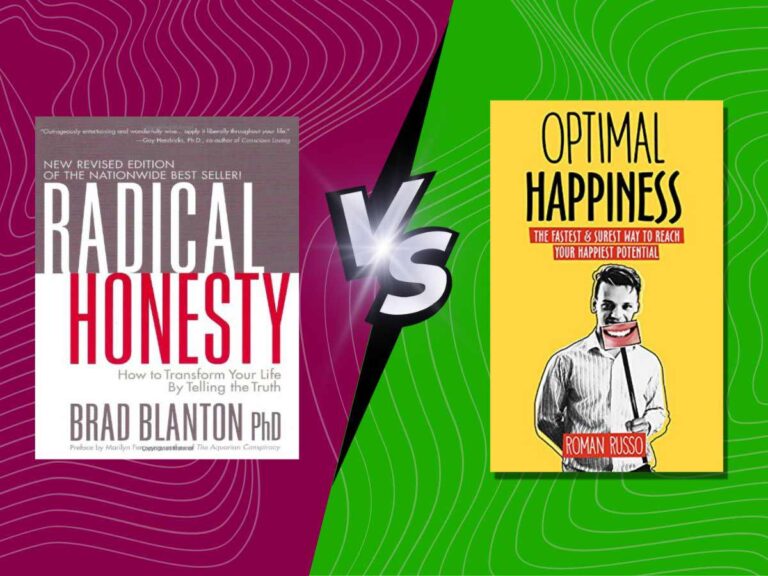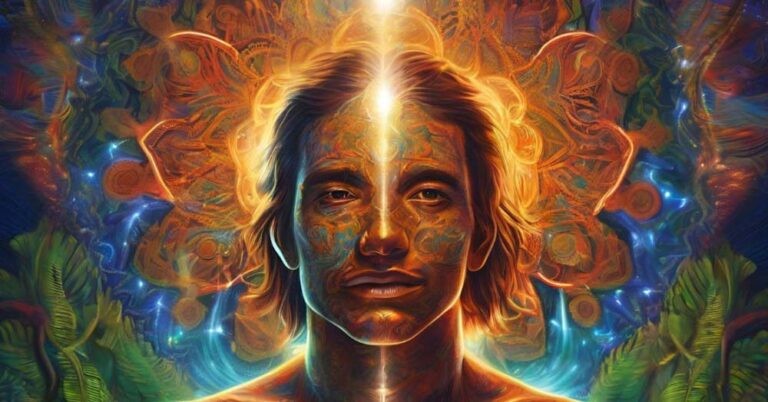
Recently, I broke my leg for the third time. This was quite a shock to my system, since I had to go through the whole recovery yet again and because, quite honestly, I was fed up with repeating this process. At this moment, I deeply understood the concept of gratitude as something essential, which we often take for granted until it is taken from us.
Gratitude for Simple Things in Life
During these moments of recovery, I deeply felt the lack of something most people take for granted, which is walking. I even got jealous whenever I saw someone else walking, running, or doing any other activity which requires them to move around.
In some other cases, I felt disappointed by how much some people take walking for granted. This is because after the second and third accident, I needed to work hard on regaining and maintaining muscle strength needed for walking. In fact, according to doctors, I will need to do it for the rest of my life, since this part of my body is now my weakness. As such, when I see some people with skinny legs, rarely going for a walk, just sitting at home and letting their legs become skinny and untrained, I get disappointed at how little gratitude they have towards this something which can be so precious.

Gratitude Towards Different Aspects of Our Life
Still, while I was grateful for small moments of recovery, I didn’t feel any gratitude towards many other aspects of my life. This is why I attempted to put together a list of life parts I (and everyone else) should be grateful for, which are:
Health – From feet to arms to being healthy overall, people often feel indestructible (as I did) until these qualities are taken away from them. As such, many people get involved in dangerous or unhealthy activities, such as extreme sports or bad diets, later lamenting upon their life choices, only rediscovering gratitude when the good things in life are gone.
Food – In Christianity, people are thought to be grateful for the smallest things, such as the simple fact that they have food on their table. Of course, God didn’t put food on the table directly and they had to work to get the food on the table in the first place, but they are still grateful to a degree that they have this food, while some other people don’t have this luxury.
Companionship – Often, we don’t appreciate other people until we need them or they are gone. Of course, we feel strong and powerful when we have access to many people and opportunities that come with these people. Still, many people discover that losing someone and being lonely is a bad situation to be in. As such, we should be grateful for these special people that we have in our lives today and we should show them how much we appreciate having them in our lives.
Money – My father used to answer his phone with “I don’t have money” whenever someone close to him would call him. This became almost like a joke in my family, as he used to be the one with the financial means to help others, especially when they needed it, which, given the people my extended family are, it would happen on an occasional basis.
As such, living in a capitalistic world, we always want to have more money, which we don’t always have, which makes money the source of our happiness or unhappiness whenever we have it or not. To this degree, we should be grateful if we have money, as there are many people who don’t have enough financial resources in the world, and they are unhappy because of it.
Achievement – Not everyone can become an Olympic gold medalist, and not everyone can do the things that we can do. As such, if ever we achieve something special and of substance, we should not take these achievements for granted, as we put in work to achieve them, and because they make us feel special. To this degree, we should celebrate all the victories in our lives, even the small ones, as we only live once and we should make the most out of it.
Life – Ultimately, every moment of our existence can and should be celebrated. After all, even despite my many accidents, I am still alive and I will regain my mobility, eventually. Still, I am lucky to be able to go back to my previous state, while I know many people who aren’t this lucky or they were never lucky to experience anything close to my life in the first place. Still, everyone, including these people with fewer means than we have, can be happy, which means that so can we. In the end, life is just the ultimate condition for happiness, so we should celebrate it as one day it can be all over and it will be too late to appreciate the time we were given.
The Ultimate Lesson of Gratitude
Ultimately, we want to be grateful to experience our life in many more colors compared to a non-grateful state. This is because a non-grateful person can become unfocused and live a superficial life compared to their grateful counterpart. Respectfully, a grateful person will live a richer life by experiencing more of life’s subtleties, appreciating them, and becoming happier in the process. When negative things happen, a grateful person will continue positively not because of what they lost, but because of the time they spent with this which is now gone, at the same time continuing to appreciate other things in their life, meaning that they will still be happy.

Daily Gratitude Journal
Lastly, we should keep a journal where we write about what happened to us in our days and life, going through these events to understand where we could have done better, or just appreciate the fact that these events happened to us in the first place.
As such, in my personal journal, I keep
- My do to list,
- A list of most impactful things that happened to me during a given day or a week and respective lessons I got out of these events, and
- My gratitude list, which is just a few simple or complex things I say “thank you” to every day of my life.
I recommend that you start journaling your life experiences too, and living time and space in this journal and your day to be grateful for all the small things that happen in your day and your life overall.














